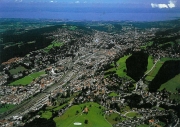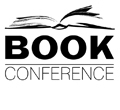Graduate Scholar Recipients
| Flavia Bruni |
| Liz Maynard |
| Corinna Norrick |
| Stella Reinhard |
| Arendt Speser |
Graduate Scholar Winners
- Flavia Bruni
 Graduate in History of the Reformation (Roma La Sapienza, 2001), PhD in History and computer science (Bologna, 2006) MLitt in Studies on Early printed books (Siena, 2006), librarian from the Vatican Library School of Bibliotheconomy (2009), currently attending a cotutelle PhD between the universities of St Andrews and Siena on a research in history of the book. Her interests are mainly focused on Fifteenth century printed books and libraries; forbidden books and censorship in the Early Modern Age; digital humanities, digitization, text encoding, digital libraries and digital preservation.
Graduate in History of the Reformation (Roma La Sapienza, 2001), PhD in History and computer science (Bologna, 2006) MLitt in Studies on Early printed books (Siena, 2006), librarian from the Vatican Library School of Bibliotheconomy (2009), currently attending a cotutelle PhD between the universities of St Andrews and Siena on a research in history of the book. Her interests are mainly focused on Fifteenth century printed books and libraries; forbidden books and censorship in the Early Modern Age; digital humanities, digitization, text encoding, digital libraries and digital preservation.
- Liz Maynard
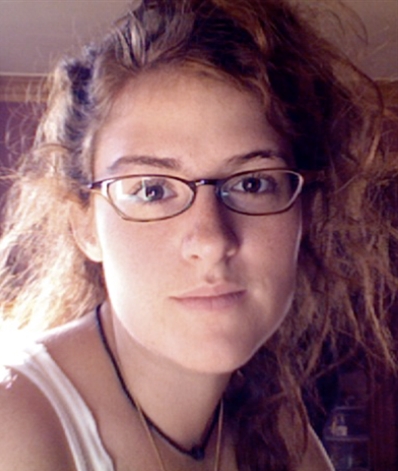 Liz Maynard is in the second year of her doctoral study in Art History at McGill University where she is working with Amelia Jones. She completed her BA in art history and English at Tufts University and her MA in humanities, with a focus on art history, at the University of Chicago. In between her MA and PhD, she taught art history and a first-year humanities course at Valparaiso University for two years. She has recently completed her comprehensive exams, which focused on masculinity in the postwar USA and trauma theory. Her research interests also include the construction of historical narratives, particularly those built around traumatic events.
Liz Maynard is in the second year of her doctoral study in Art History at McGill University where she is working with Amelia Jones. She completed her BA in art history and English at Tufts University and her MA in humanities, with a focus on art history, at the University of Chicago. In between her MA and PhD, she taught art history and a first-year humanities course at Valparaiso University for two years. She has recently completed her comprehensive exams, which focused on masculinity in the postwar USA and trauma theory. Her research interests also include the construction of historical narratives, particularly those built around traumatic events.
- Corinna Norrick
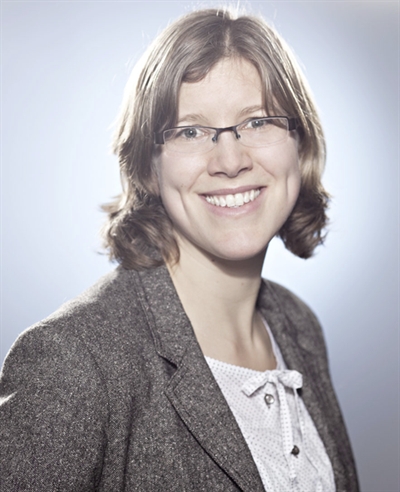 Corinna Norrick studied in Mainz (Germany) and Udine (Italy) from 2004 to 2009 and received her M.A. at Johannes Gutenberg-University Mainz (JGU Mainz). She majored in the History of the Book and English Literature. From the fall of 2009 until the fall of 2010, she worked as a research associate in the research focus “Media Convergence” of JGU Mainz. Furthermore, she has been an instructor and a research associate at the Gutenberg-Institute for the History of the Book (JGU Mainz) since 2009. Her teaching focuses on aspects of US book history. Her research interests are widespread, but usually concern the book history of twentieth century Europe. Her doctoral thesis, which she is currently working on, is about two German paperback series which were developed by the German publisher Rowohlt for children and young adult readers in the 1970s and 1980s.
Corinna Norrick studied in Mainz (Germany) and Udine (Italy) from 2004 to 2009 and received her M.A. at Johannes Gutenberg-University Mainz (JGU Mainz). She majored in the History of the Book and English Literature. From the fall of 2009 until the fall of 2010, she worked as a research associate in the research focus “Media Convergence” of JGU Mainz. Furthermore, she has been an instructor and a research associate at the Gutenberg-Institute for the History of the Book (JGU Mainz) since 2009. Her teaching focuses on aspects of US book history. Her research interests are widespread, but usually concern the book history of twentieth century Europe. Her doctoral thesis, which she is currently working on, is about two German paperback series which were developed by the German publisher Rowohlt for children and young adult readers in the 1970s and 1980s.
- Stella Reinhard
 ABD Ph.D. Candidate in Media, Art & Text, MATX (Media, Art & Text) Ph.D. Program, & Adjunct Faculty, Communication Arts Department School of the Arts, Virginia Commonwealth University Richmond, Virginia, USA.
ABD Ph.D. Candidate in Media, Art & Text, MATX (Media, Art & Text) Ph.D. Program, & Adjunct Faculty, Communication Arts Department School of the Arts, Virginia Commonwealth University Richmond, Virginia, USA.
With a work background as an Art Director and Graphic Designer and a Masters Degree in Children’s Literature from Hollins University, Stella Reinhard has taught for the Communication Arts Department in Virginia Commonwealth University’s School of the Arts since 2005. She is also a Ph.D. candidate that is All But Dissertation towards her degree in the Interdisciplinary Program of Media, Art & Text (MATX) at that same University in Richmond, Virginia. Her research is leading her into areas exploring emerging and recurring patterns as she compares the historical development of Children’s Literature, including its texts, design and publication, as impacted by the technology that developed simultaneously around it with the significant changes occurring in the field today as ever newer e-media impact the Children’s Narrative in general and the Picture Book form in particular.
- Arendt Oak Speser
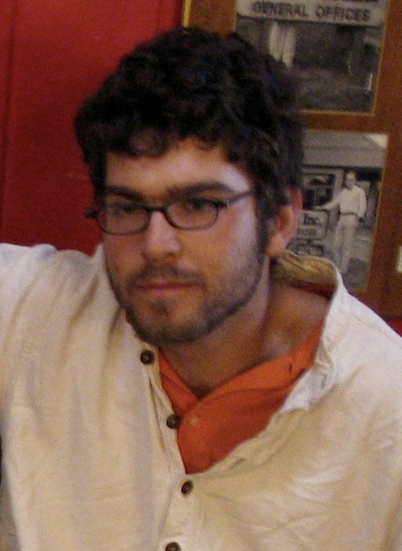 Arendt Oak Speser, B.A. Philosophy (Haverford College), M.A. English & Literature (University of Washington), is broadly interested in traditions of intellectual continuity and cultural production. Working with classic, medieval, and American texts, his scholarship focuses on the roles of memory and mediation in literature and philosophy. Pursuing a doctorate in English & Literature with a certification in Textual Studies, his research has turned increasingly toward literary archives, where he seeks to integrate bibliographic practice with narrative and poetic analysis. His current writing is concerned with describing the archive as a landscape, in an attempt to show how literature inhabits the world.
Arendt Oak Speser, B.A. Philosophy (Haverford College), M.A. English & Literature (University of Washington), is broadly interested in traditions of intellectual continuity and cultural production. Working with classic, medieval, and American texts, his scholarship focuses on the roles of memory and mediation in literature and philosophy. Pursuing a doctorate in English & Literature with a certification in Textual Studies, his research has turned increasingly toward literary archives, where he seeks to integrate bibliographic practice with narrative and poetic analysis. His current writing is concerned with describing the archive as a landscape, in an attempt to show how literature inhabits the world.





